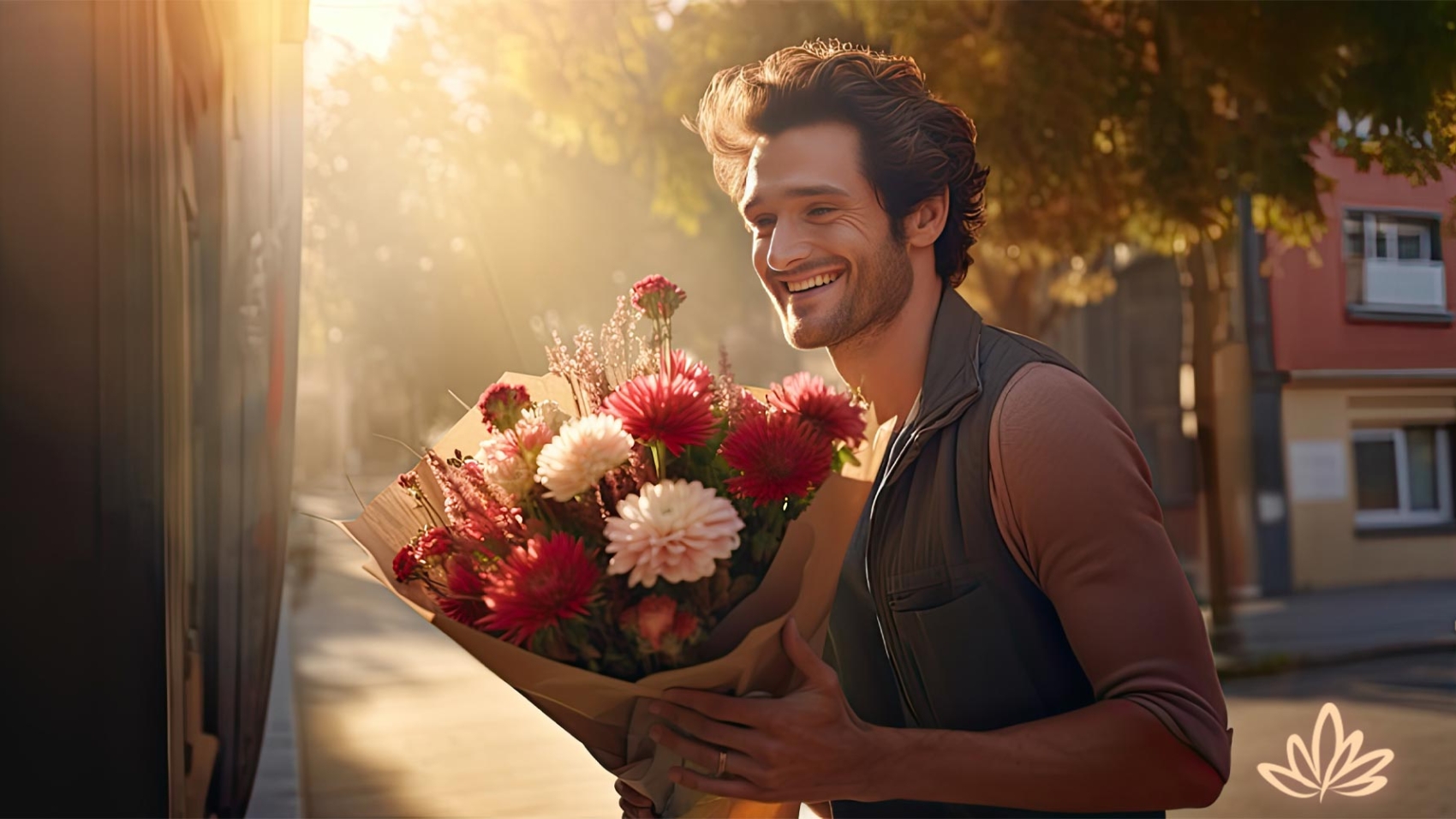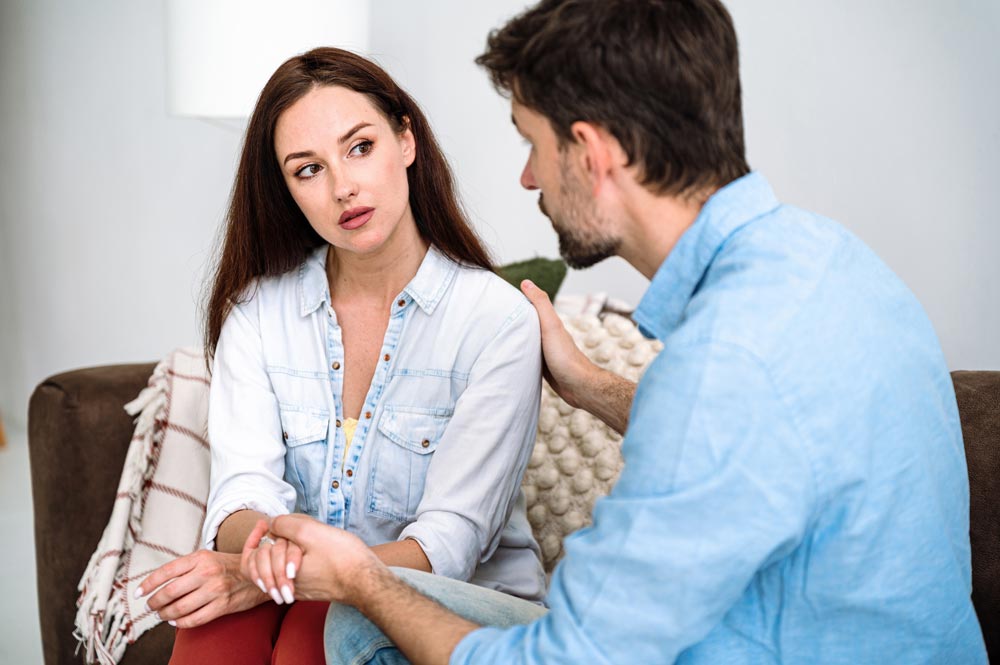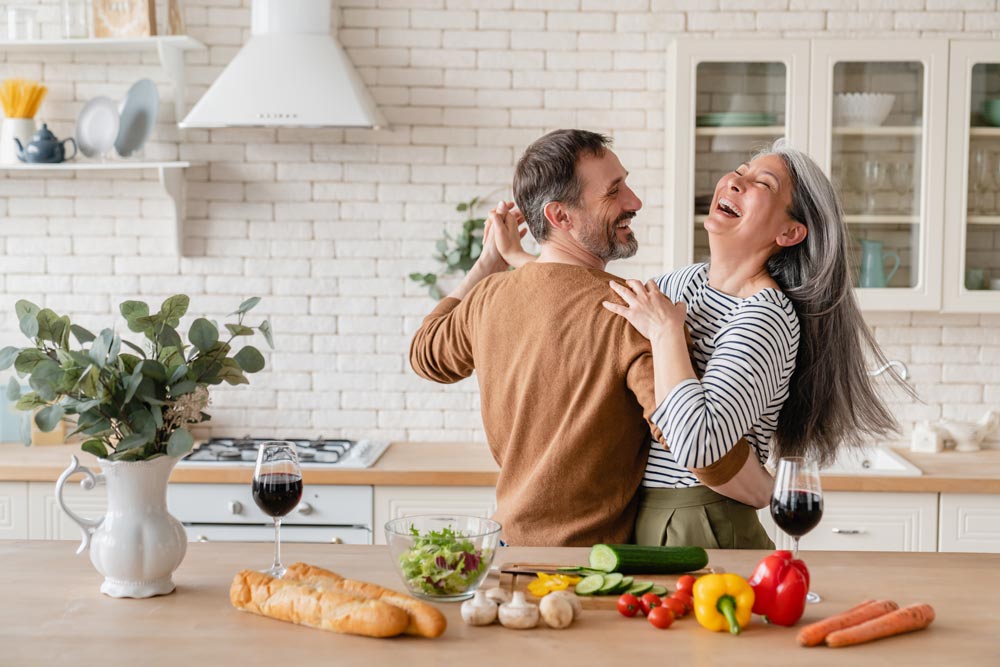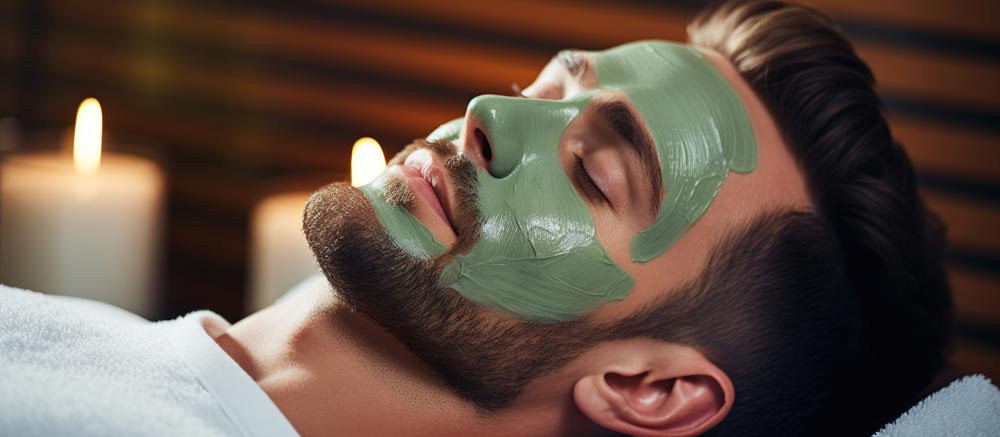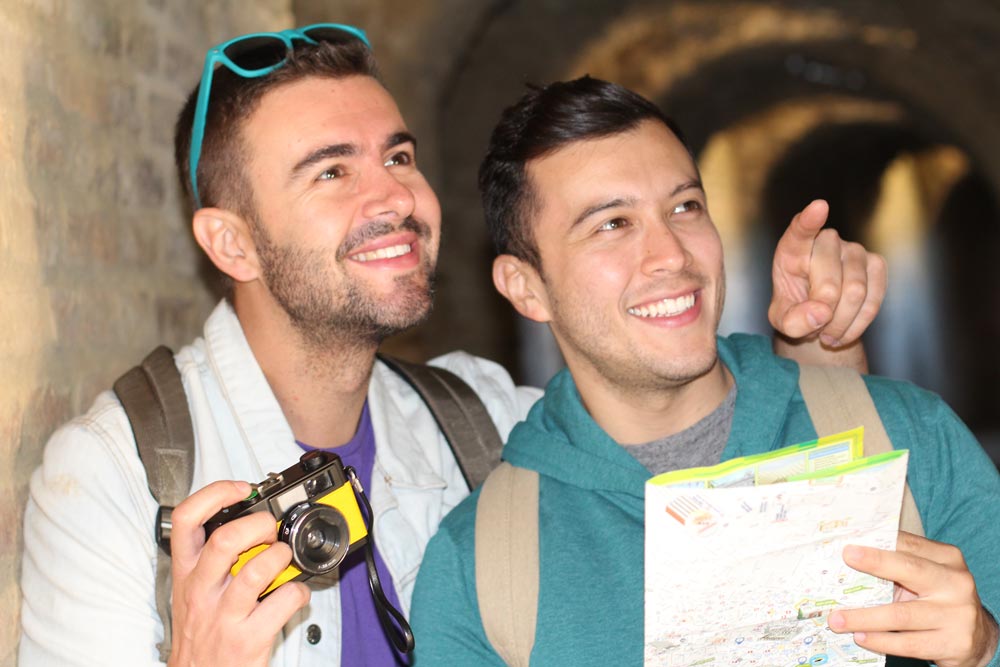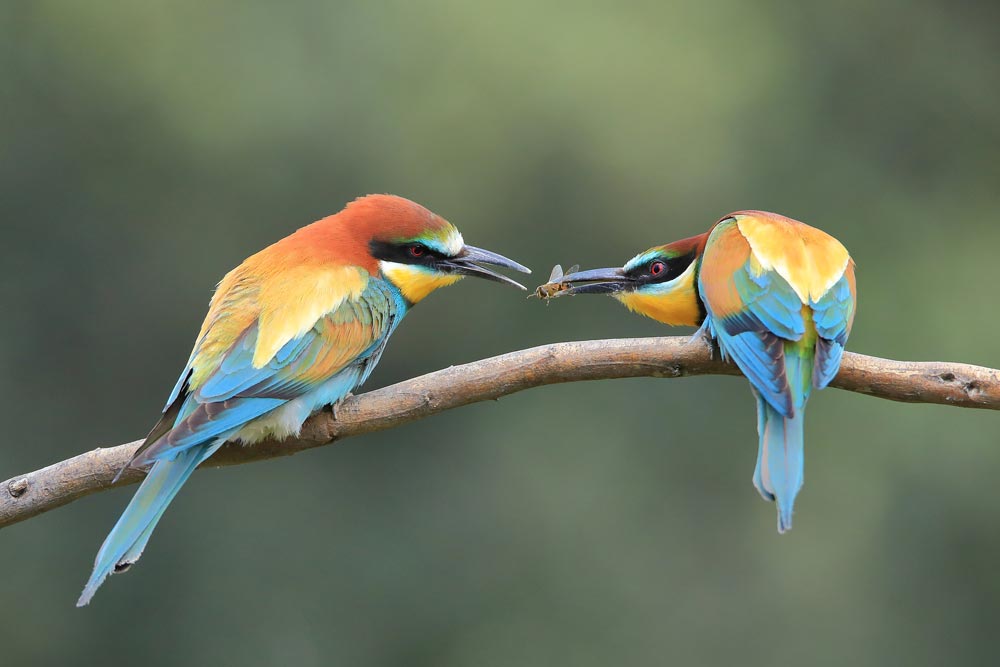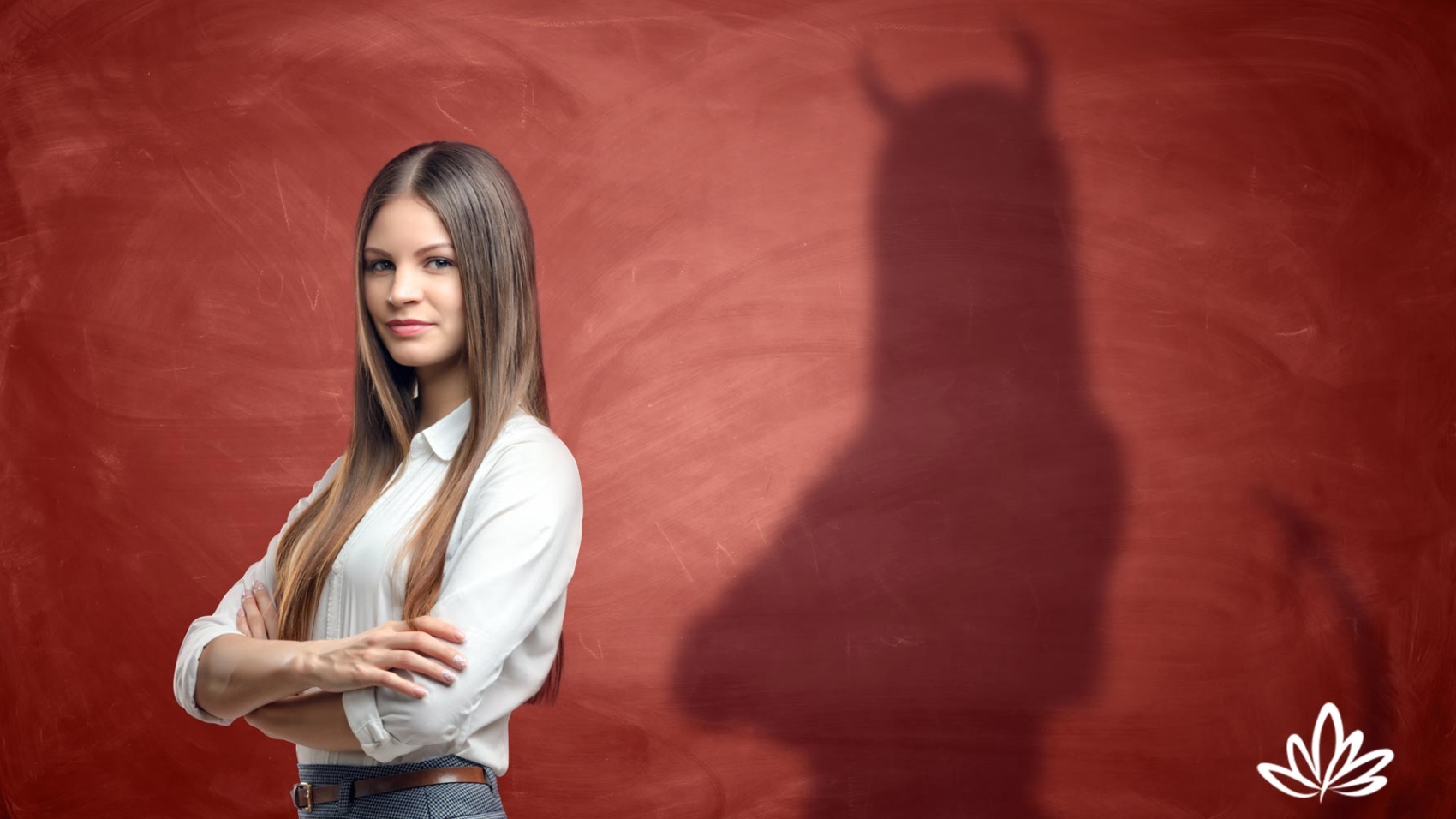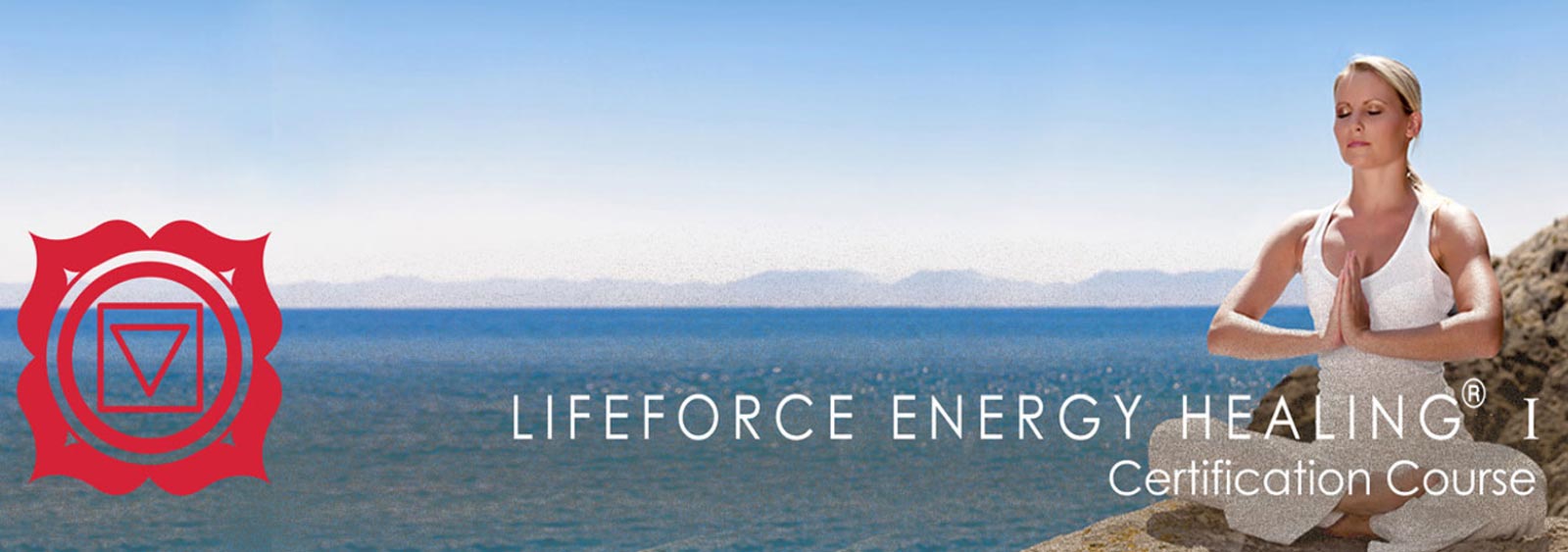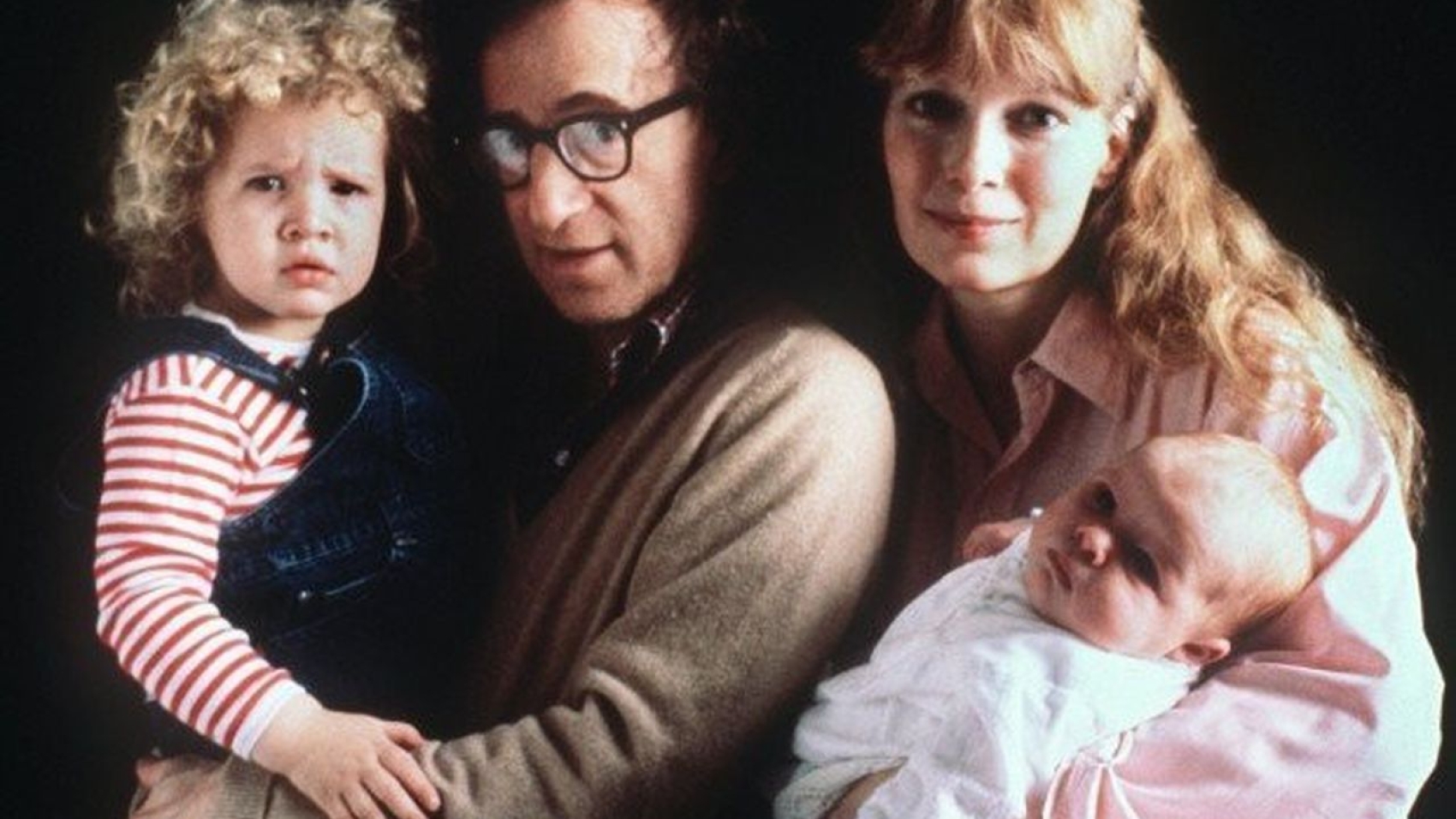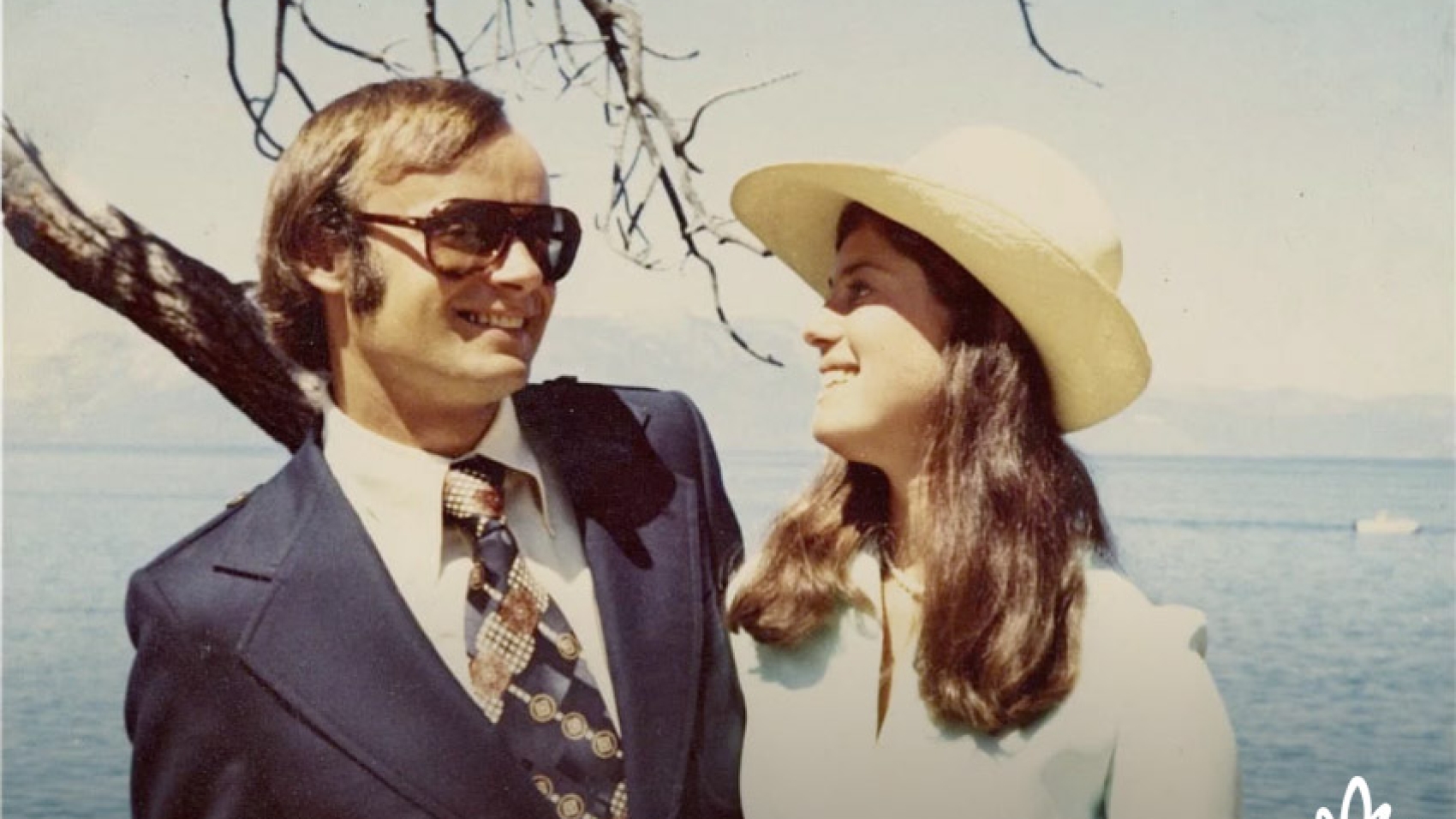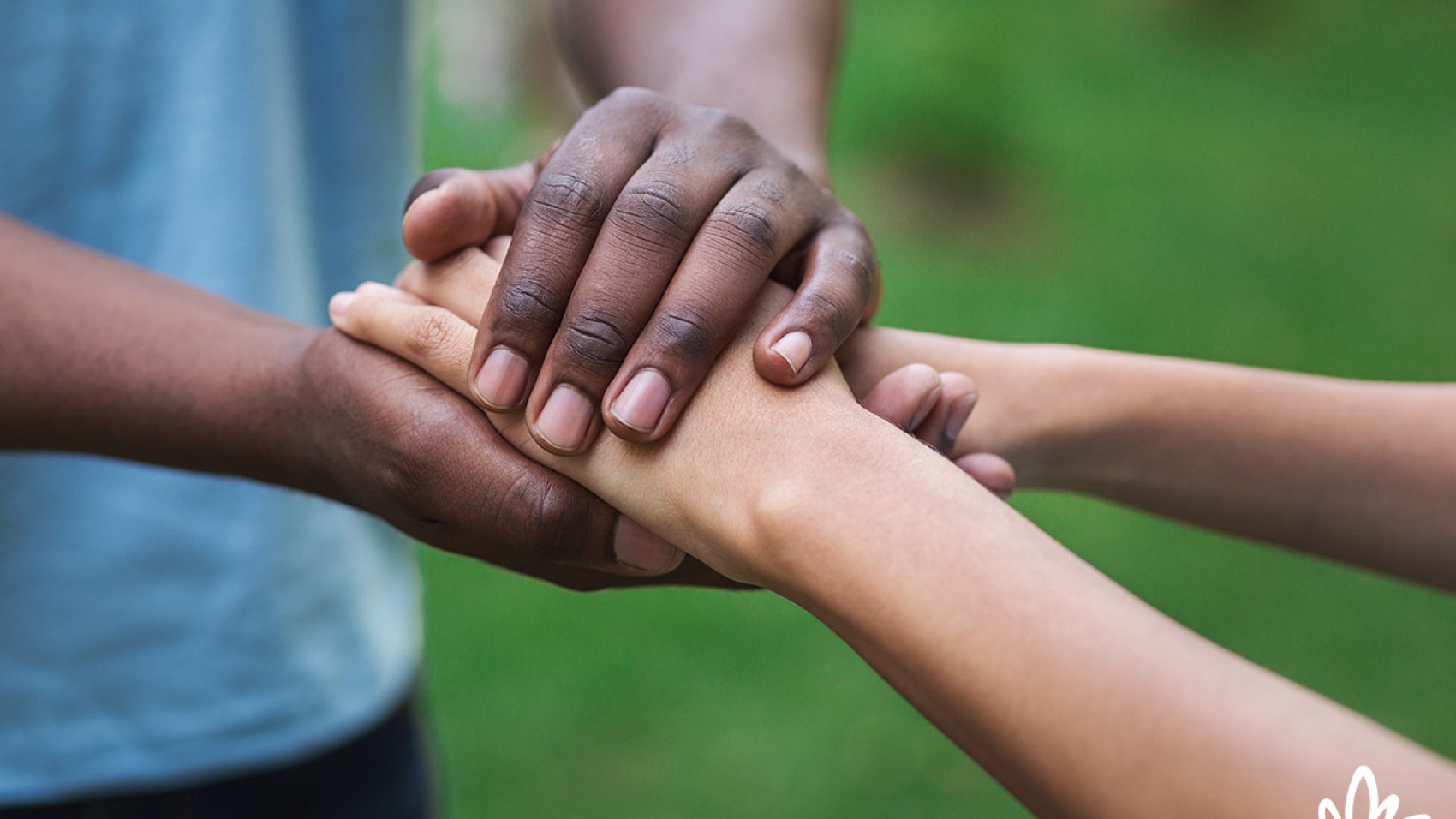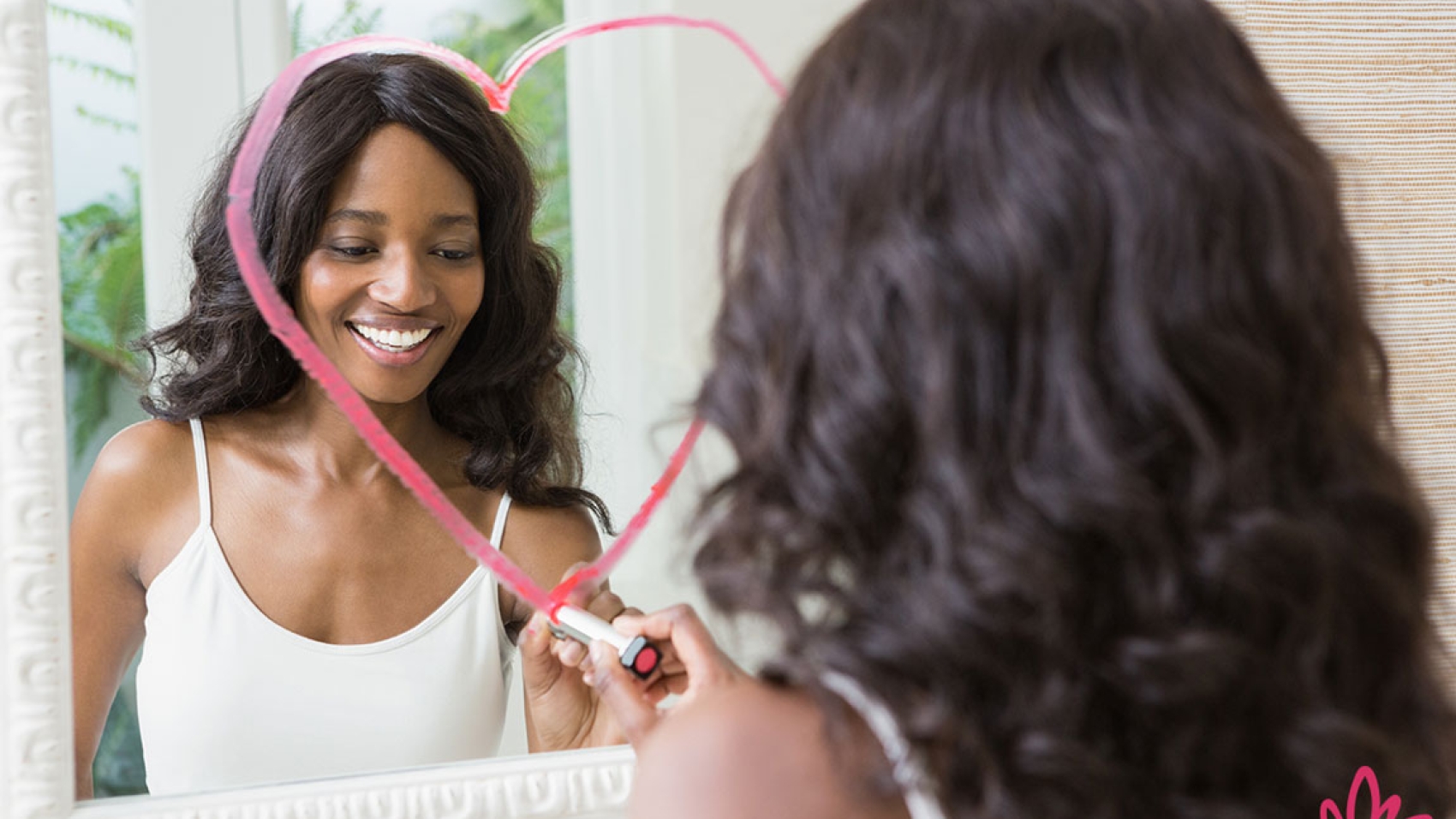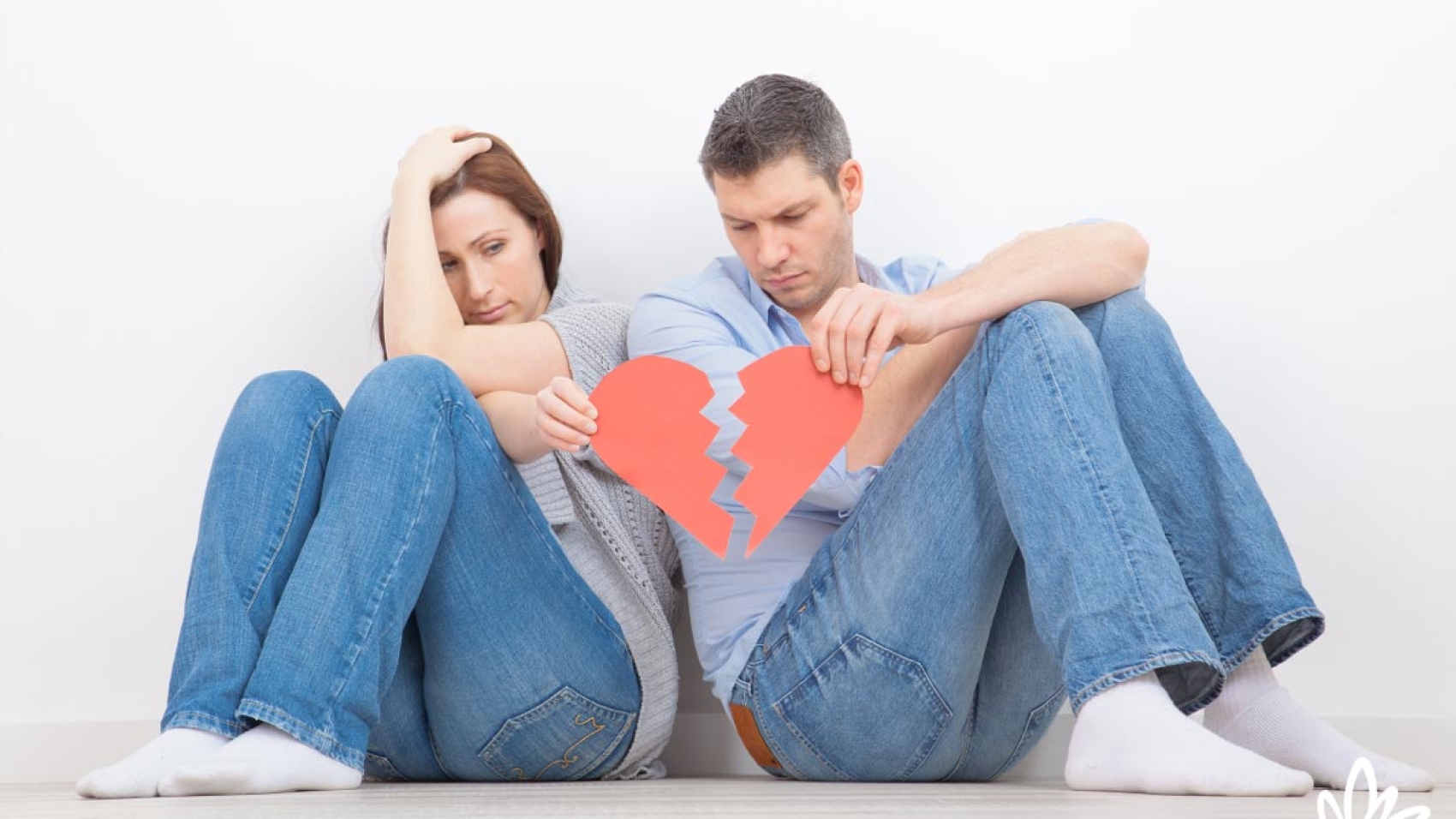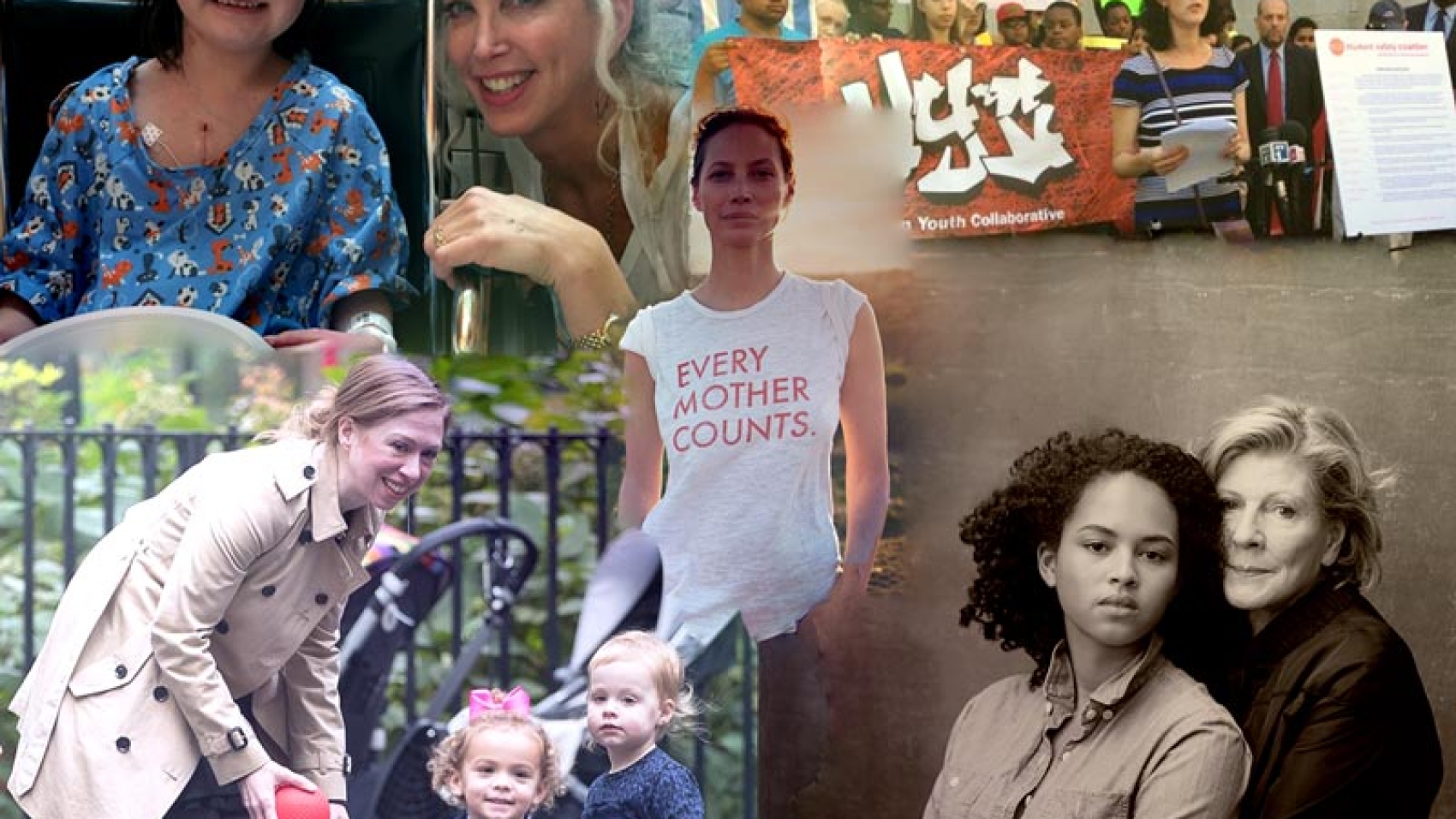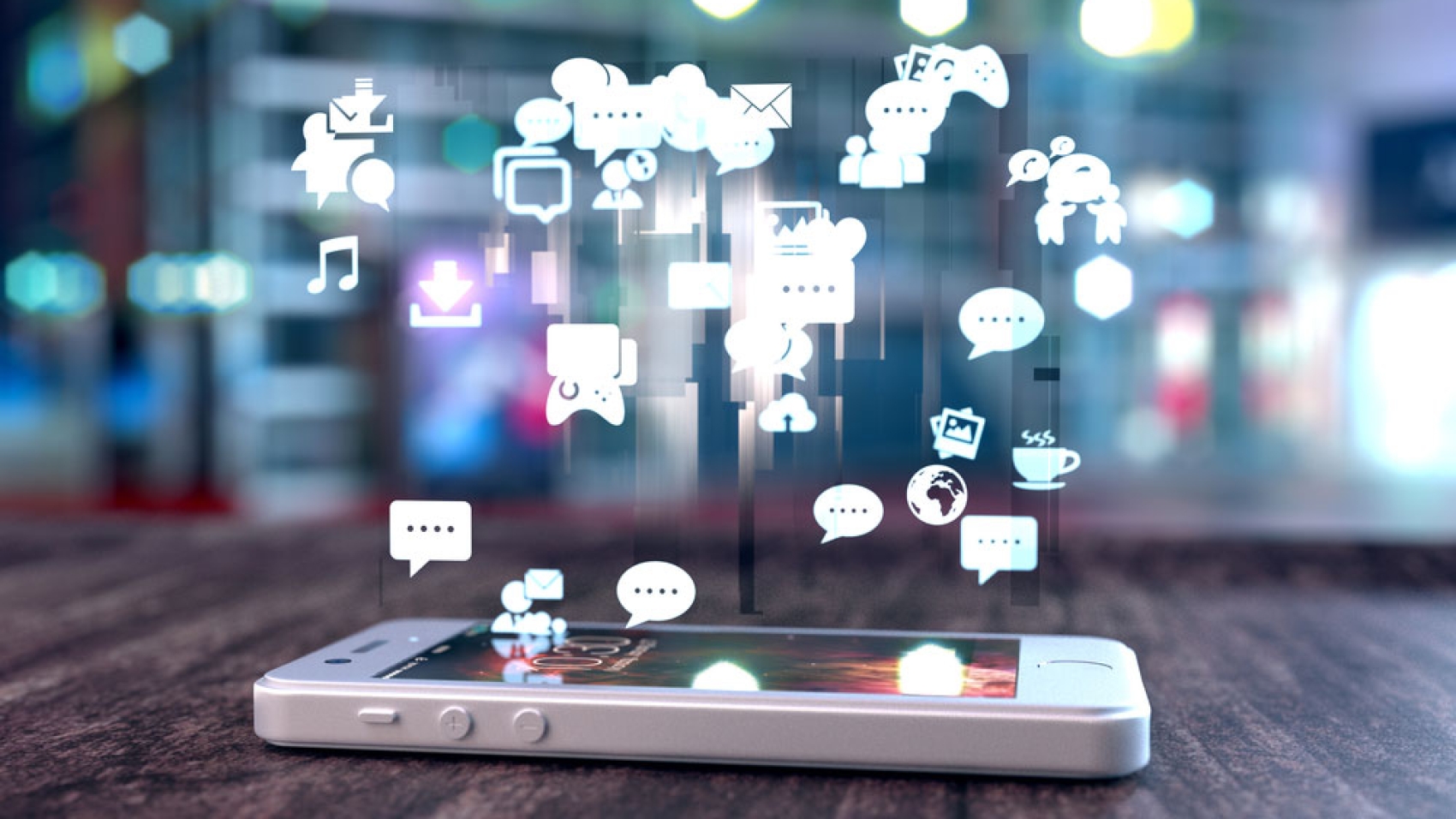5 Ways You Sabotage Your Relationships
Wouldn’t you agree that one of the most challenging activities you engage in here on planet Earth is relating to your fellow human beings? There must be a reason why TV sit-coms, reality shows, and dramas are almost always …
3 Tips to Rev Up Your Sex Life This Spring
“In the spring a young man’s fancy lightly turns to thoughts of love.”~ Alfred Tennyson
Spring is right around the corner. There’s something about the season with all that delicious creative energy bursting into blossom!
Beloved poet Tennyson was right about a young man’s fancy—and everyone else’s, too. After the icy chill of winter, who wouldn’t be overjoyed to welcome back the warmth, the light, and the reawakening of the natural world?
The association of spring with love and intimacy is pretty intuitive. With the birds and bees having their finest hour, spring is the perfect season for taking a look at what makes a happy and healthy intimate relationship.
Whether you are young or a bit older and whatever your fancy, ask yourself today if your sex life is all you wish it could be. If not, why not?
Most people confide that finding and maintaining a healthy and lasting love relationship is their most difficult task in life. This makes sense when you consider the “ingredients,” the state of well-being, that you need in order to embark on any relationship.
I believe that finding a loving partner becomes easier when you know something about energy healing. In my work as a spiritual teacher and energy healer, I’ve helped many people with the healing they needed to accomplish before the love they hoped for could enter their lives. Whenever two people interact on any level, there is an exchange of energy between them. Learning how this energy works can help you not only strengthen, but supercharge your love relationship.
Your healthy love life begins with a balanced second chakra energy center. People with integrated sacral or sexual centers enjoy touching and being touched. They are comfortable giving and receiving pleasure. They have a sense of internal balance between their masculine and feminine qualities. A healthy second chakra is a fertile place—an engine of creative possibility that allows inspiration to flow through the body. As the seat of the inner child and emotions, this center also hosts our creative and generative impulse. Using energy healing techniques can ensure your second chakra is clear and balanced and thus the energy you bring to any relationship is positive.
Since a heart-felt connection makes the best foundation for a happy sexual union, an open and balanced fourth chakra energy center is also important. The fourth chakra rules over the heart and forms the link between the physical and the nonphysical—both components of the highest and best sexual experience. A healthy heart chakra is the center of unconditional love, gratitude, and—so important for intimacy—the willingness to be open and vulnerable. When the heart center is in balance, you are content, peaceful, caring, and compassionate. Doesn’t that sound like the ideal scenario for wonderful sex?
Once your second and fourth chakras are spinning with pure and free-flowing energy, you can try these 3 tips for ramping up your sexual happiness and wellbeing:
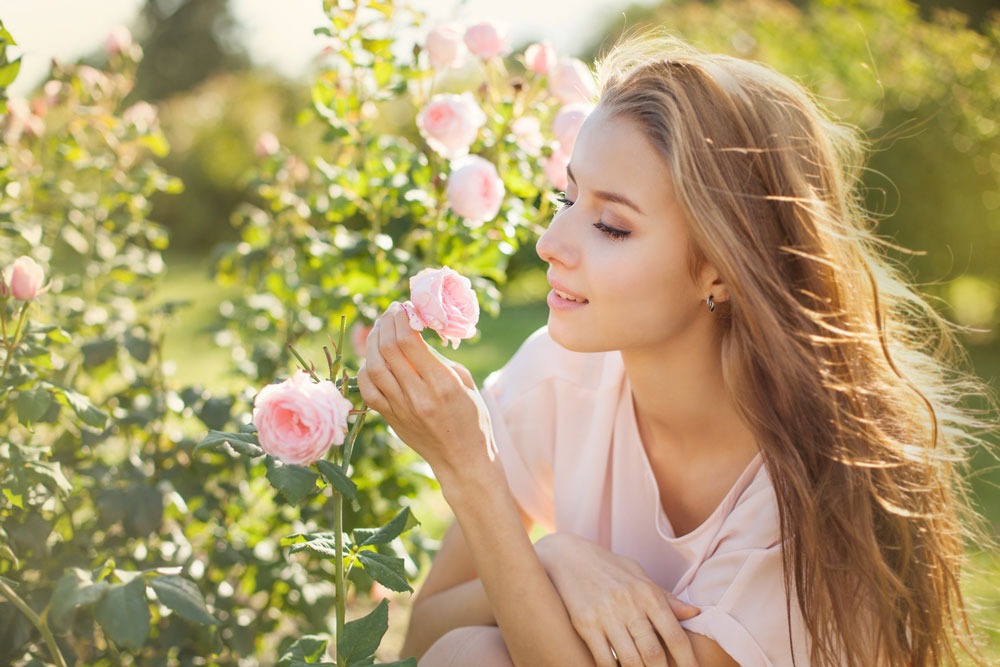
1. Step Outside and Smell the Roses
Strengthen the feeling that you are part of the growing, regenerating, blossoming world of nature. People are natural beings, another expression of the created and creative world. Take a walk and feel the powerful connection you have to the sky, the earth, the wind, and the trees. If you can walk beside a body of water, that is especially healing and energizing. Nature awakens all your senses, and sensory awareness leads to great enjoyment of life, including great sex.
2. Move Your Body Every Day
Yes, sex is exercise, and if your body is limber and strong, wouldn’t that help you enjoy an even happier intimate experience? Your body loves to move, and the energy that flows when you get physical enhances every aspect of life. Taking care of your material body every day with good health habits, including a regular exercise routine, can’t fail to make all of your life’s activities more vibrant and energetic. You want to feel good in all you do, and exercise primes you for physical, and spiritual, joy.
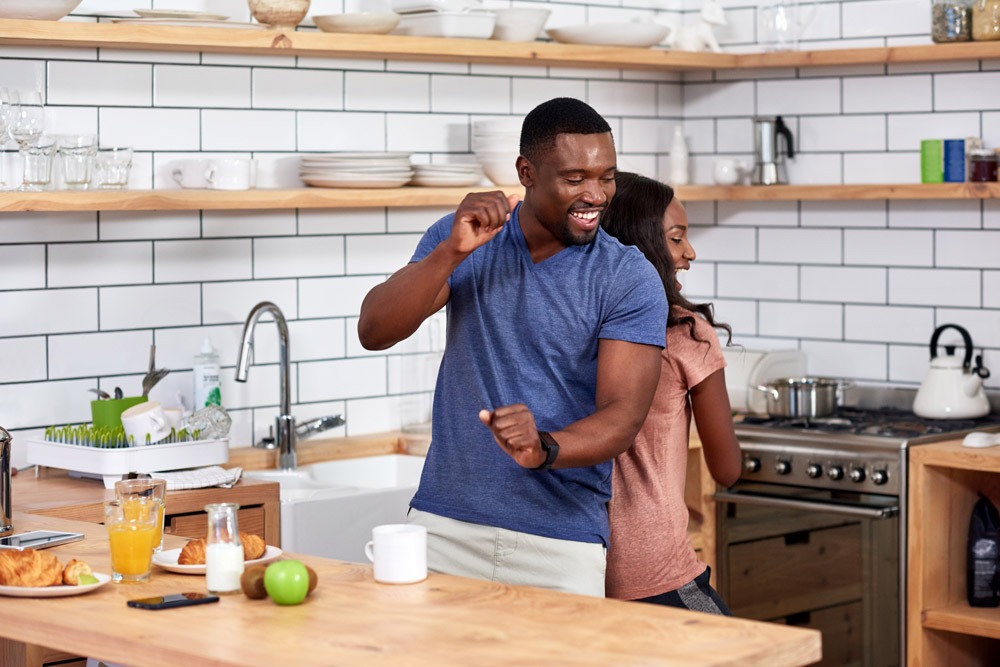

3. Come From a Giving Place
In energy medicine you learn that what you put out into the world is reflected back to you. The best way to achieve greater love, including sexual love, is to be more loving. What you give is truly what you get, and if you extend yourself with an open heart and a desire to give, a magic takes place that creates intimacy on a whole new level. Consider your Source–and your partner’s. When you tap in to that creative, loving energy, just think how vast your capacity for giving and receiving can be.
With your energy positive and focused, you are ready to let your fancy run free. Open your heart to let your love shine forth this spring! To learn more about balancing, clearing and charging your chakras, the fastest way to ensure a massive shift in your energy and have lasting change affecting every aspect of your life, join me in Secrets of Chakra Wisdom. The chakras hold the key to healing past traumas, building lasting relationships, breaking through financial blockages, unleashing creativity, and achieving your goals on an abundant and energetic level.
The Heroic Thai Diver Rescue Teaches Us Generosity
The Heroic Thai Diver Rescue Teaches Us Generosity
The Arc of Justice
Woody Allen indicted in the court of public opinion
I can’t imagine watching a Woody Allen movie these days.
Everywhere you look, there are fingerprints of a finely-hidden monster, scrawled like graffiti tags, pulsing in the background of every film.
Barely ten minutes into his old comedy, Bananas, he makes a joke about “advanced child molesting.” And that’s not the only instance, not by a longshot. His scripts are peppered with disturbing and obsessive jokes about abuse, sexual and familial. It’s a real red flag.
I can’t watch his movies anymore, but I did watch Allen v. Farrow – the new HBO docuseries that takes a much-needed critical eye to the story of Woody Allen’s abuse of Mia Farrow’s adopted daughter, Dylan Farrow.
Now, many of you may not remember, but news of Woody Allen’s abuse hit the press back in 1992. At the time, this was a strange and salacious case, filled with “he said’s,” and “she said’s,” and “oh, she’s been coaching her,” and “this is blown out of proportion,” until the whole thing became a weird, unresolved footnote.
Woody Allen kept making movies and winning Oscars. Mia Farrow dropped out of the public eye. Then, in 2014, Dylan Farrow published a letter in The New York Times, pressing her case that Woody Allen had abused her. Again in 2018, she went public, detailing Allen’s abuse and asking, “Why hadn’t #MeToo come for Woody Allen?”
Now, three years later, here we are, with a withering documentary that strips away all of the “he said’s” and “she said’s” to reveal a stark and unflinching view of Woody Allen as a predator and a master manipulator. This is a chilling story of much more than rapacious pedophilia; it’s the story of the unbridled abuse of power.
It starts with Mia.
As I watched the documentary, I was struck by how insidiously Woody Allen dismantled Mia Farrow’s agency over their relationship. Over their thirteen years together, Woody cast Mia in thirteen of his movies. At first glance, that sounds innocuous. But then you realize that Woody Allen was Mia Farrow’s boss. He was writing and directing these movies, which meant he could nix her at any time. He changed her working arrangement so that his agent represented her. Think about that: her husband was now her boss, and she was required to use his agent.
He effectively had her under his thumb. Any money Mia Farrow made was through a Woody Allen project. This is a classic tactic of an abuser: cutting off independence.
Of course, as we know, it doesn’t stop with Mia Farrow. Through the documentary, it is clearly shown how Woody abused Dylan and then orchestrated a clever and forceful PR campaign to hamstring the investigation. To pre-empt the story of child abuse, Woody went public with his relationship with Soon-Yi Previn – Farrow’s other adopted daughter. This PR coup allowed Woody to reframe the abuse allegation as a form of retribution by Mia Farrow: the “spurned woman” who was trying to get revenge against Woody. For having sex with his other daughter. Seriously.
Look at that: Woody Allen turned an abuse allegation against himself into a weapon to hurl back at Mia Farrow. This is abuse of power on steroids.
It is difficult to parse out all of the wrinkles and turns in the investigation, but it becomes quite clear that the vaunted Yale-New Haven Hospital report, which proclaimed that Dylan Farrow was not a credible witness, was a sham. Nine times, a seven-year-old girl was forced to be interviewed by investigators about Woody Allen’s abuse to determine if her story had “any inconsistencies.”
Nine times!
If the story matches nine times out of nine, they cry “coaching.” If anything is inconsistent, they cry “she made the whole thing up.”
Tellingly, all the notes from each of these interviews were destroyed – something very much out of the ordinary. As this part of the documentary aired, it became quite clear that there were serious missteps in the execution of this report. While the documentary hints at potential cover-ups and potential political pressures by the Dinkins mayoral administration in New York City to quash the Allen inquiry, we don’t have the evidence . . . yet.
Woody Allen weaponized this Yale-New Haven Hospital report. He wielded it like a cudgel, suing Farrow for full custody of their children, and suggesting Farrow had coached Dylan and was an unfit mother. The judge, thank God, would have none of it; the court confirmed Mia as a fit parent and said Woody was a threat to Dylan Farrow’s safety.

Look at that. When Allen’s smoke-and-mirror defenses were put before a court of law, they came crumbling down. Which is why it was so disturbing that Woody Allen has never been tried and convicted. For the last thirty years, he’s used his celebrity power to dodge the court of law and has confused the court of public opinion.
This is why Allen v. Farrow is such an important documentary. Through this unflinching lens, the series dismantles Allen’s defenses on small screens across the country, cutting his defenders off at the knees.
It is said that the moral arc of the universe is long, but it bends toward justice. Woody Allen has managed to keep that arc at bay for thirty years. But thanks to perseverance from Dylan Farrow, and the investigative journalism of Allen v. Farrow, that moral arc has broken back toward justice. Once again, the court of public opinion has become the court of last resort.
When Mia Farrow and Woody Allen were in the midst of separating, he told her that she’d never work in this country again. He blacklisted Mia Farrow for speaking out against his abuse. To this day, she still fears him.
Now, the truth has finally caught up to him. As a result, he’s not found an American distributor for his recent movies. His publishers have pulled out of book deals. I don’t know if he’ll ever see the inside of a jail cell, but, with this documentary, that’s okay, as sunlight is the best disinfectant. The light of truth is wiping away the obfuscation of his abuses against Mia and Dylan. And in bringing these charges to light, Allen’s power withers away.
I invite you all to watch Allen v. Farrow to fully understand how serious and credible these allegations are. Then shake your head that, once again, we, for a bit, let celebrity trump our own instincts for truth. Now, may the truth heal Mia Farrow and her children.
The Real Meaning of “Empathy”
When I was a child, I learned a very important lesson from my father. I was barely big enough to climb into Daddy’s pickup after he was done with work on Friday nights, when he’d drive around our small town to give away bags of oranges to the hungry. Along the way, much to my mother’s chagrin, he would often hand over his coat to someone who looked cold. A lawyer in our little town, and a Representative at the State Capitol, he used his influence to develop social justice programs to help the needy in our state. And when I became a lawyer and joined him in his practice, he taught me to take on pro bono (for free) clients along with the ones who could pay. Daddy was a sterling example of empathy in action.
We need a lot more empathy in the world these days. With 50 countries around the world ruled by dictators and despots right now, the concepts of representative government, respect for civil liberties, and human rights, have morphed into a general attitude of “let them eat cake.” Unfortunately, today’s authoritarians seem to be, more and more, supported by the middle class. The result is untold suffering for millions of people.
Empathy is a word we’ve heard tossed around a lot lately. But what does it actually mean?
It means that when your friend’s aunt dies of Covid, you don’t say, “She’s in a better place.” When your neighbor loses his job, you don’t cheerfully announce, “See the glass as half full.” How many times have we all said when there has been a disaster, “our thoughts and prayers are with you,” instead of actually helping those who were impacted, thereby effectively bypassing the real work.
“Spiritual bypass” is a way to avoid or escape from uncomfortable emotions. Spirituality becomes a defense mechanism when it sees only “light and love” and does not acknowledge the authentic nature of all the elements of life, including the terrible truths of pain, suffering, sickness, and death. It’s like a politician flying over the scene of a fire or flood that caused massive destruction and loss of lives. It might make a memorable photo-op, but from that great height you can’t see the pain of a child who has lost a parent, feel the grief of a family that has lost its home, or inhale the stench of burnt carcasses.
So how can you react in a truly spiritual way to the suffering of others?
You can say, “I understand how hard this is for you. I know how sad I felt when my favorite aunt died a couple of years ago. What can I do to help: want to take a walk or can I bring you a casserole?” You empathize with their situation because you have experienced pain in your life and you connect through your common humanity.
While hugs are off the table right now, remember what you felt when you saw Princess Diana stop to hug a child? It wasn’t only her dazzling smile that made people love her; it was her compassion and her ability to connect with people. The Nigerian-born Baron Adebowale, a member of the House of Lords in Great Britain, saw the face-to-face work Diana did with the homeless and said, “Her humanity spoke to their humanity.”
That’s empathy. Your humanity speaks to someone else’s humanity. Your heart goes out to their heart, energetically. It’s like seeing those exhausted and overwhelmed nurses crying in the hospital hallway after they have held a phone up so the loved ones of a person dying alone of Covid can say their goodbyes. Your heart aches for the nurse, for the person who died of this viral scourge, and for the person on the other end of that crushing phone call. And for the others you know who will experience that pain until this pandemic, which has already killed over 1.27 million people around the globe, is over.
In January of 2010, a major earthquake in Haiti killed over 300,000 people and left 1.5 million without homes. A few days later, Hollywood actor Sean Penn landed in Haiti. He saw tens of thousands of people living in tents and lean-to’s and he set about digging drainage ditches and latrines, getting food and water supplied to the camp. Penn stayed on the ground in Haiti for months and continued to return there over the last 10 years. The nonprofit he started to focus on Haiti has now been expanded to respond to natural disasters in the Caribbean and Florida. Penn backed up his humanitarian ideals with both his money and his time (a far more valuable resource).
Empathy shows an understanding of someone else’s experiences because you yourself have experienced pain and can relate. Identification is the key. You connect to another, looking past differences and appreciating your commonality. You hurt; I understand because I have also experienced being hurt. Skin color, political affiliation, religion, gender—those are just the trappings on top of our common humanity and are irrelevant in that moment.
Katie Couric, when she was a co-host on NBC’s morning show, Today, did an incredibly empathetic act when she underwent a colonoscopy on air to underline the importance of testing for colon cancer; her young husband had died of the disease and her concern for others’ health led her to transform her personal tragedy into public good. That’s empathy, showing the unglamorous aspects of her personal life in order to help others avoid the same loss and grief.
Many young stars, who often come from very humble beginnings, are conscious of their ability to direct attention and empathy towards those who need help, and many do a lot of in-person volunteering along with writing checks. Taylor Swift teamed up with the Governor of Tennessee to combat internet sex crimes. Miley Cyrus works with underprivileged kids in the US and Haiti. Emma Watson, the Harry Potter actress, is known for her work in girls’ education in Bangladesh and Zambia. Selena Gomez is determined to help stop hunger for children in Africa. Popstar Nicki Minaj donates both time and money to a small village in India.
Empathy in action is not the same as sympathy. Sympathy means you feel sorry for what someone else is experiencing, while empathy means you actually feel what someone else is experiencing. The more we develop empathy – personally, in our institutions, and in our governments, the better our world will become. And empathy is different from being an empath. An empath is an emotional sponge, the opposite of energy healing: it is one of the first things I teach my energy healing students to avoid, as it is the opposite of the energy exchange desired.
Empathy may be the most important thing you can teach your children, as my father taught me. George Clooney, who often works for social causes, became a father for the first time in his 50’s. He said about his twins: “I want them to be interested in things. I want them to be compassionate about other people’s plights. Because that’s the thing, you know? You have to have some sort of empathy.”
So empathy is what we need. And you’ll feel better about yourself and the world. Empathy increases your communication skills and allows you to connect with others. When you can feel what another person is going through, when you listen more than you speak, you can respond in the best way possible. It helps you regulate your own emotions when you see a situation from another’s perspective. From an energy medicine perspective, your heart chakra energy is going to their heart chakra energy, and since energy knows no bounds of space or time, it’s instantaneous and effective. And did you realize that developing empathy is one of the best ways to benefit your health? When you see the world through the eyes of compassion, you are better able to handle stress, are happier, have less depression and anxiety, and a stronger immune system. You’ll be spreading a more positive and caring energy. When we all come from a place of empathy, it will create that same loving vibration in our families, our communities, our governments – in the whole world.
How to Heal From Heartbreak
Heartbreak is universal. There is not a person on this planet who has not experienced loss in some way. Be it through rejection, betrayal, abandonment, or death, the pain of losing love, or never having love in the first place, can literally break your heart.
A broken heart has deeper effects than overwhelming sadness. Emotionally, your heart shuts down and blocks your ability to give or receive love, which affects your ability to love yourself and all your relationships. Energetically, your heart chakra closes and blocks the flow of nourishing energy from the unified field. If the energetic blocks aren’t cleared, you can develop physical problems like lung cancer or even heart attack.
Mending the Cracks
Heartbreak is very real, but it doesn’t have to be forever. Believe me, I know. When I was very young I sensed that my mother didn’t love me. I tried not to believe it—what mother doesn’t love her own child?—and after years of her icy glares of resentment and cold-hearted lack of affection, I built a wall around my heart and vowed never to let that pain inside. Perhaps you made a similar vow at some point in your life, and now it’s become the way you live. It may seem safer, but I know how lonely it can be.
By the time I was an adult, my heart chakra had been closed off for so many years, it wasn’t just broken, it was shattered. I didn’t trust in love, and didn’t know how to love myself since I’d never been properly loved by anyone else. With energy healing, I was able to mend the cracks and fissures in my heart, heal my heart chakra, and learn to love in a healthy way. I’ve seen energy medicine heal the hearts of thousands of students, too, and I know it can do the same for you if you let it.
The Key to Healing
In energy healing, chakras are the key to your emotional, spiritual, mental, and physical health. Basically, chakras open you to all the wisdom you need to live a healthy, happy, fulfilling life, but they can become dysfunctional by unprocessed trauma or repressed emotion. If a chakra becomes distorted or imbalanced, the areas of your live governed by that chakra become distorted or imbalanced, wreaking havoc in your life.
Dysfunction in your heart chakra, which corresponds to your thymus, ribs, back, lungs, and of course, your heart, can lead to circulatory problems, lung disorders, breast cancer and heart attack. Heart chakra imbalance can also cause depression, a lack of empathy, and an inability to give and receive love. One of the most essential questions to ask yourself when determining the health of your heart chakra is, “Do I give and receive love easily and without fear?” If the answer isn’t yes, chances are that your heart hasn’t fully healed from a break somewhere in your past.
The Common Response to Heartbreak
Take a minute to think about what loss or lack of love you may have experienced. So many of my students come to my healing courses and workshops with heart chakra blockages that were initially formed as defense mechanisms against a pain that seemed unbearable. The death of a loved one or the death of a relationship, a hateful rather than loving parent, the rejection of a first love, an unfaithful partner, and many more situations where love is revoked or betrayed all cause heartbreak, and the common response to the crushing ache of heartbreak is to shut down the heart’s ability to feel.
The problem is that when you close your heart from the bad feelings, you also shut out the good feelings. But there is always hope! With energy medicine, there is no statute of limitations on releasing pent up emotions from any form of trauma, and it is never too late to begin working with a spiritual teacher or energy healer to get your heart chakra cleared and functioning properly. With a charged and balanced heart chakra, you can enjoy love in your life and create healthy relationships.
Unhurt, Unstruck, Unbeaten
In Sanskrit, the heart chakra is called anahata, which means “unhurt, unstruck, or unbeaten.” No matter what happened to break your heart, it can be healed and “unhurt.”
Here are a few ways to begin the process:
1. Grieve and then let go.
Grief is a heavy burden to carry, and it sits on your heart, weighing you down and keeping your heart chakra closed. You have to open your heart chakra and feel the pain of your grief, even though it hurts, in order to move past it and feel the love that’s waiting for you beyond the grief. Cry, journal, talk to someone you trust, scream if you have to, but let that grief out and let it go.
2. Love a pet.
Basking in the unconditional love of a pet is one of the best ways to begin opening a closed heart chakra. Dogs, cats, horses, even birds have fully expanded hearts that just want to love and be loved in return, and they are not shy about asking for attention and love when they want it. Pets show you what happiness can be found in simple, small gestures of love like a pat on the back or a snuggle. Spending time with these furry beacons of love can help you begin to trust love again.
3. Be nicer to yourself.
Heartbreak can steal your self-esteem, stripping you of the ability to see how lovable and deserving of love you really are. Part of the process of healing your heart is to learn how to love yourself, which not only makes you internally happier, but will improve your relationships with others as well. Try making a list of the qualities you love about yourself. What are you proud of? How are you unique? Do something nice for yourself every day until you really believe you are worthy of that self-love, because you are.
If you would like to learn more about how to clear, balance, and charge your heart chakra, come check out my chakra wisdom online video course where I go deeply into all the chakras.
Seven Steps to Finding Love
You have to love yourself before you can get into a healthy relationship with another. Feeling good about yourself and who you are is a vital part of finding the right person for you.
Let’s look at how the process of love works in order to understand why loving yourself, or at least liking yourself, is important. When you initially meet someone, you want them to be enamored with you. You want them to think about you at least as much as you think about them; you want to feel desired. That feeling, however, will fade over time, usually much faster than you would like to believe. At most, initial infatuation lasts six months. The next thing we want from our partner is to be seen for who we are. It’s no good having someone fall in love with something we’re not; this dooms the relationship to failure. We want our partners to understand and accept us for exactly who we are. How, though, are they going to love you if you aren’t being you?
Say you are a woman, and you meet a guy you like. You suddenly become a shadow of your real self in his presence, either stronger or weaker than you really are. The time will come, eventually, when he will discover that you are not exactly what you made yourself out to be. He will become disillusioned and may want to end the relationship.
This is one reason that men often have an easier time finding and keeping dates than women do. Thanks to their genetic makeup, men are much more likely to like themselves for who they are. They behave around a woman exactly as they would when they were alone, allowing women to see who they truly are with no illusions or any change of attitude.
Women are also pressured to look a certain way. In 2010, of the 21.7 million cosmetic surgical and nonsurgical procedures that were performed in the United States, over 90% were done on women – breast augmentations, liposuction and Botox leading the way. And plastic surgery is on the rise.
If you want to find the ideal partner, it is vital that you like yourself for who you are. Try these seven steps to feel better about who you are, making it easier to reveal your true self to someone you meet.
- Respect yourself. This is actually difficult for many people. We are living in a society where we are taught to give respect to others but are not generally encouraged to give ourselves respect. It is vital to learn to respect yourself and to know that you are worthy of respect from someone else based on your qualities as a human being, not on your worldly success or your appearance.
- Set goals. Setting goals is a great way to help you to feel better about who you are and to learn to respect yourself. You should have two lists: one for short-term goals and one for long-term goals. As you work on these goals and complete them, cross them off of your list. You will feel proud of your accomplishments and see that you are worthy of respect.
- Let go of fear. Fear is what keeps us from doing the things we enjoy. Fear is behind every attempt to cover up our real selves. We are afraid someone won’t like us if they see who we really are. Letting go of fear is a process that is accelerated as we release our emotional wounds; that’s one of the things I help people do at workshops.
- Clear the energy from past relationships. If we don’t clear the energy from our past relationships out of our personal energy field, the one that surrounds your body, that old relationship can slow you down or make you feel confused, unfocused, unhappy, lethargic, or even make you sick and toxic. I can teach you shamanic exercises to help you clear that old energy.
- Stop criticizing yourself! Self-criticism never helps anything. Make a pact that you will no longer put yourself down. This will not only relax you but will also help you to look and feel better.
- Love the body you are in. The pressure that society and the media put on everyone can make it difficult to feel comfortable in your own skin. Most of us worry about some part of our body being not right—our nose, our hair, our height, and especially our weight. In fact, as long as you are eating a healthy diet and getting enough exercise to allow your body to work properly, you should stop trying to be something you are not and learn to enjoy your body.
- Develop your inner strength. Have you ever seen a young birch tree in a heavy wind? It bends. While harder trees crack and break, a birch tree sways and is still standing when the wind is done. This is because there is an inner core of flexible strength in the willow, which is what you should work on cultivating for yourself. Find that inner strength so that you can bend and sway with the changes in your life without breaking. We find our strength by uncovering and releasing the difficult emotions we have suppressed throughout our lives and seeing that living in our personal truth is the source of our true strength.
Once you like yourself, then you are able to enjoy a healthy relationship with another. Like all good things, it takes time to be able to truly like who you are, but once you do you will find that everything will change, even your relationships!
8 Essential Questions for a Successful Relationship
It may be cold outside, but you could be enjoying the warmth of the fire of love this Valentine’s Day. If you are in a relationship, the more spiritually expanded you are, the better your intimacy will be. If you are seeking a relationship, your expansive, radiant self will attract the right person to you.
In the West, we believe in romantic love—that starry-eyed encounter between two people who come together with passion. You hope for “happily ever after,” although divorce rates are still around 50% for first marriages and even higher for subsequent marriages. FYI almost 70% of divorces are initiated by the woman.
You rejoice when love comes calling, or sigh over the failure of that knight on a white horse to materialize in your life. The highs and lows of romantic love, the gauzy world of bridal magazines and the terror of fatal attraction, are the movie plots we love to watch.
In the East, however, romantic love is just one of many different types of love. Language shows what’s important to us: the Eskimos have over 30 words for snow—a life-and-death matter for them. Sanskrit has 96 words for love; ancient Persian has 80. English has only one—one little four-letter word has to express everything from the love of ice cream to the love of country, from erotic love to motherly love to the love of the Divine. English plays down the importance of feelings and concentrates on action verbs; in the West, we think that what we do is more important than our ability to be with our feelings.
Because romantic love is only one of many types of love, what’s been more important than initial attraction in the East is compatibility. Over 5,000 years ago, the Vedic sages realized that Jyotish, Vedic astrology, could predict if two people were sufficiently compatible to establish a long-lasting relationship and guarantee, as much as possible, the stability of the family unit. These enlightened sages understood human nature, and they put far more importance on factors like emotional compatibility, basic temperament, mutual interests, and friendship, than on sexual attraction.
Even today, when “love matches” are more and more acceptable in the East, many still rely on astrological marriage charts to see if they’re making the right long-term choice.
When Vedic astrologers look at the charts of two people to see if their union would be a good idea or not, the first crucial aspect they look at is whether or not that couple will respect each other. Then they check on 36 different “wavelength” characteristics. (These all come from an ancient Jyotish text, the Prashna Marga.)
These “wavelengths” are based on eight criteria, in descending order of importance. As you read through these criteria, think of your own intimate relationship and imagine you and your partner’s chart are being compared.
- Are you sensitive to each other’s emotional needs?
- Are your basic natures compatible (values)? Is there an affinity between your temperaments?
- Do you have the ability to have a friendship based on mutual interests, likes and dislikes?
- Are you compatible in terms of attractiveness?
- Is the man’s presence comforting or threatening to the woman?
- Is there mutual affection?
- Are you sexually attracted to each other?
- Do you tend to help each other improve?
The ancient vedic astrologers skipped a few aspects of relationship that are important in today’s world, but were unknown in their day: do either want children, do they have political affinity, are they similar in socio-economic background, etc. These were factors that were unknown 5000 years ago when your prospective mate was always someone of your economic status and of the same religion.
The astrologer will also note the possibility of a harmful aspect of the planet Mars in the chart, which can make one partner far more assertive than the other. A modern Vedic astrologer looked at the unhappy marriage of the poet Sylvia Plath to Ted Hughes, which eventually led to Plath’s suicide at the age of 30. The most noticeable factor was that Ted measured five times more assertive than Sylvia based on the Mars aspect. He would have been far more powerful, and a Vedic astrologer would have told them to avoid marriage. It wouldn’t even have worked as a friendship.
Of course, marriages arranged through astrology seem archaic to most of us, who believe in “love marriages,” although most devout Hindus and many orthodox Jews still rely on arranged marriages. Some traditional African societies, royal families, and some Muslims have their own practices of arranged marriages. And who’s to say it’s wrong? Over half the marriages worldwide are arranged. And in India, where almost 90 percent of marriages are still arranged (often in a modern way that includes more choice), the divorce rate is only 1 percent.
I’m not advocating for arranged marriages. There are plenty of problems inherent in that practice, as in marriages for love. But it is interesting to examine how compatible you are with someone before you get involved in a serious relationship. Or if you’re having problems in your relationship, it could be helpful to look at the Vedic criteria to see what aspects are causing the trouble.
These days, more people are foregoing marriage than ever before. In 2017, 57.5 percent of Americans over the age of 18 were married, down from 72 percent in 1960. That means over forty percent of Americans are single. You think you’d at least be able to find a date!
Even if you’re dating steadily, you may not have found the one you want. And even then…
Here’s a teaching story from the Sufi tradition:
Mullah Nasrudin was sitting in a tea shop with his friend, who was excited because he was getting married soon. He asked Mullah, “Have you ever thought of marriage yourself?”
Nasrudin replied, “I did think of getting married. In my youth, in fact, I very much wanted to do so. I waited to find for myself the perfect wife. I traveled looking for her, first to Damascus. There I met a beautiful woman who was gracious, kind, and deeply spiritual, but she had no worldly knowledge. I traveled further and went to Isphahan. There I met a woman who was both spiritual and worldly, beautiful in many ways, but we did not communicate well. Finally I went to Cairo and there, after much searching, I found her. She was spiritually deep, graceful, and beautiful in every respect, at home in the world and at home in the realms beyond it. I felt I had found the perfect wife.”
His friend asked, “Then did you not marry her, Mullah?”
“Alas,” said Nasrudin. “She was, unfortunately, waiting for the perfect husband.”
So what can you do if you’re single and looking to find your perfect love? To help in your search for “the one,” you can simply open to love, especially love for yourself. The love you carry within, the love of your Higher Self that is connected to Source, is what attracts others to you. Lit from within, glowing with openness, compassion, and empathy, you can send a beacon of love out into the universe. And the one you are waiting for will hear your call.
Staying Friends After Divorce
It doesn’t have to be a horror show. Divorce, that is. It doesn’t even have to be a battle. True, the marriage is ending. Your role is changing. You didn’t think it would happen to you, but it is. Even when you have all the money in the world.
Jeff Bezos, the founder and CEO of Amazon, and his wife of 25 years, MacKenzie Bezos, are sitting on a billion dollar fortune, 30 times over. So money obviously wasn’t the problem in their relationship. But people change over a quarter of a century. McKenzie is a novelist, although she worked as an accountant back at the beginning of Amazon. When it was up and running successfully, she stepped out of the business to concentrate on writing and raising their four children. Jeff is busy being a business mogul and the world’s richest man. Desires change, directions shift. Last week they announced their divorce in a joint statement on Twitter. I think it’s important to read the whole tweet.
“We want to make people aware of a development in our lives. As our family and close friends know, after a long period of loving exploration and trial separation, we have decided to divorce and continue our shared lives as friends. We feel incredibly lucky to have found each other and deeply grateful for every one of the years we have been married to each other. If we had known we would separate after 25 years, we would do it all again. We’ve had such a great life together as a married couple, and we also see wonderful futures ahead, as parents, friends, partners in ventures and projects, and as individuals pursuing ventures and adventures. Though the labels might be different, we remain a family, and we remain cherished friends.”
Isn’t that an incredible attitude toward a divorce!
How is it even possible? How can you split up and still be friends? Aren’t you supposed to hate the other, say bad things about them to the kids, and never see each other or speak again unless absolutely necessary?
A successful relationship is built on mutual respect, admiration, and affection. And over the long term, like 25 years of marriage, two individuals learn how to manage any conflict between them. They trust each other, and share a sense of meaning and purpose in their lives. Obviously something has to change for a marriage to split up, and the Bezos have not been forthcoming on whatever situation created their divorce, but they are handling it as mature adults. They aren’t blaming each other. They speak respectfully about each other. They plan to continue sharing their lives—from the divorce announcement itself to raising their four children—as friends, just not as husband and wife.
You may think, well, of course there’s no problem; they have all the money in the world. But money isn’t the only point of contention in the breakup of a relationship; often it’s simply a divergence of interests. It’s not a sign of failure to divorce; instead, focus on all the good things that you got out of the relationship, and be grateful for them. Remember the affection that first brought you together. Respect the person enough to say kind things about them to the kids, co-workers, and friends. You want to go in different directions, but don’t want to lose the other. You started as friends and can stay friends.
I have a student who, when she got divorced, shared a lawyer with her soon-to-be ex, who wrote up their settlement together, saving many dollars and much animosity. They were married 20 years and are still friends, now many years later, working with each other on projects. It is possible.
That doesn’t mean, of course, that there isn’t personal heartbreak. Divorce can be traumatic but you should not feel like you failed; there is no moral rule that a relationship must last a lifetime. Be pleased with the good times that you did have and leave the relationship with as much love and respect as you entered into it. You’ll be glad you did.
A Thoroughly Modern Mother’s Day
What Mom Really Wants: Peace, Love and Understanding
Bloomingdale’s flagship store in New York City is honoring Mother’s Day with something a little different this year. Instead of the usual spring fashions, their windows will showcase the good works of five New York moms in “Magnanimous Moms, Moms Who Make a Difference and Moms with a Heart.” Consumerism, move over – it’s time for what the world needs right now: the loving activism that mothering is all about.
Honoring activist mothers turns out to be in perfect keeping with the energy that started Mother’s Day to begin with. Contrary to what you might be thinking, Mother’s Day in the U.S. was not founded by the florists, the candy shops, or the greeting card companies. The holiday was first celebrated in 1908 when Anna Jarvis held a memorial for her mother at St Andrew’s Methodist Church in Grafton, West Virginia. Anna’s mother, Ann Reeves Jarvis, had been a peace activist who cared for wounded soldiers on both sides of the American Civil War and created Mother’s Day Work Clubs to address public health issues. Anna’s campaign to create an official Mother’s Day succeeded in 1914 when Woodrow Wilson proclaimed the second Sunday in May a national holiday to honor mothers.
Giving cards, candy, and flowers on Mother’s Day is sweet, but look deeper into the activist heart of the holiday. What do today’s mothers really want? They want the same thing that mothers throughout time have always wanted—a better world for their children. Each of the activist moms being honored in the Bloomingdale’s window found a cause that mattered to her and took action. Each of them leads a philanthropic organization that they created to make things better.
Bloomingdale’s didn’t have to look far to find these caring mothers: Agnes Gund founded Studio in a School in 1977, in response to city and state budget cuts that were threatening art education programs in public schools in New York. Gund is a legendary arts patron known for supporting a variety of social justice causes.
Chelsea Clinton’s Too Small to Fail promotes the importance of early brain and language development and empowers parents with tools to talk, read and sing with their young children from birth. Christy Turlington Burns founded the global maternal health organization, Every Mother Counts, dedicated to making pregnancy and childbirth safe for every mother. Kim Sweet is Executive Director of Advocates for Children of New York, whose mission is to ensure high-quality education for New York students from low-income backgrounds. Elizabeth Bryan-Jacobs is an upstate New York artist who pioneered her “Spread Your Wings” art-making program at Dell Children’s Hospital in Austin, Texas, where it broke all fundraising records and “brought out the angel in everyone.” Think children in wheelchairs painting brightly colored feathers for an enormous pair of wings!
The possibilities for celebrating Mother’s Day with social activism are truly boundless. One thing about today’s world—there is no scarcity of vital, life-saving work to be done. Whether the realm is health, education, justice, government, environment, animal welfare, the arts and whether the venue is local, national, or global, finding a cause that speaks to your heart is easy. Making a better world is an equal opportunity job with room for everyone. In addition to the local public schools, day care centers, health clinics, libraries, and senior centers that could probably use your in-person assistance, there are national and international organizations ready to welcome your support. Heifer International out of Little Rock, Arkansas, works to end poverty and hunger and build community with donations of farm animals (and bees) around the world. Habitat for Humanity (think President and Mrs. Jimmy Carter) works locally and internationally to build homes for low-income families. Doctors Without Borders provides humanitarian medical care wherever it is needed most. Amnesty International supports human rights efforts. The Sierra Club works to preserve the environment and the World Wildlife Fund? Their name says it all.
Taking loving action in the world seems like the perfect way to warm a mother’s heart and honor the day that is dedicated to mothers everywhere. Everything in this world is connected to and dependent upon everything else. To honor our connectedness is to honor life itself and the Creator of all. Whatever actions you take to provide loving service in the world will send forth pulses of healing energy. When you choose a way to serve that matches your passionate interests, it brings joy to you and to Mom and to all the moms who pray for the health, safety, freedom, and happiness of their children. Think about Ann Reeves Jarvis, Civil War nurse, who did not discriminate between North and South in her healing mission. There couldn’t be a better symbol of the stuff that needs healing today than the American Civil War. Thank you, Ann Jarvis, and daughter Anna, for the loving spirit that inspired Mother’s Day. It’s just what the world needs now.
If you’re interested in promoting feminine values like those you read about in this blog, you’ll love my course, Living Out Loud: Activate your sacred feminine energy and connect to your soul’s wisdom, so you can live a life of beautiful radiance.
Unfriending Over Politics
Has this happened to you? You’ve been friends with Lindsay for years. She’s part of your spiritual community. You’ve laughed together, enjoyed meals together, and have the same taste in movies. Then politics entered the picture: she voted for the other guy, the one you believe is a serious threat to everything you hold dear. How could she do that?
At first, you listen to her arguments, but they don’t make sense to you. And is she really hearing what you have to say? Finally you agree not to discuss politics, but where does that leave your friendship? On a perilous footing, since now you have to watch everything you say. The open communication you believe is a vital part of a real friendship has narrowed considerably.
What do you do?
As a spiritual teacher, I’ve encountered this dilemma many times recently with my students. I’ve heard stories of siblings who aren’t talking to each other, families who can’t sit down to a meal together, about long-time friends who no longer speak to each other. They wonder if their friendship can survive a four-year hold. They are upset by friends or relatives posting political “news” on social media and can’t decide whether or not to “unfriend” these people.
I understand their problem. As an ardent advocate for women facing aggression and abuse, I posted a blog on HuffPo when I saw Trump stalking Hillary around the town hall stage during the presidential campaign debate. I lost over 4,000 followers in less than hour after the blog posted. You could say I was heavily “unfriended” for my position.
My students ask me how to approach the divisive politics we are experiencing full blast these days in relation to their spiritual beliefs. Should they turn the other cheek? Should they love the sinner, but not the sin? Can they find it in their heart to still hold the friendship dear, while rejecting what this person believes are the facts?
What is friendship? It’s a relationship that is based on mutual understanding, common interests, honesty, and trust. Even though you and Lindsay may come from similar backgrounds, even though you sat together at concerts and ate together afterwards, even though you feel she would most probably come to your aid if you should need it and you would do the same for her, there’s no longer a deep level of trust between you. And if you and Lindsay don’t understand each other, and you can no longer express your true feelings without fearing her judgment, where does that leave your friendship? Do you stop talking to each other? Do you have compassion for her beliefs, misguided though you think they might be, but don’t want to engage with her any more?
As you travel the spiritual path, trying your best to keep your heart open and not be stuck in your ego, you will undoubtedly encounter many obstacles, tests of your desire to be a more compassionate person. One of those tests is how your relationships may suffer as you pursue the awakening of consciousness.
Think of how many friends you have left behind over the years. When you went off to college, you lost contact with childhood friends. When you stopped drinking, your “drinking buddies” got left behind (mine certainly did). When you got divorced, the couples you knew when you were a couple stopped inviting you to social gatherings; you were now a threat to their relationships. When you said you would rather go on a meditation retreat than spend the weekend skiing, you lost those friends who couldn’t understand why you’d ever want to spend your time sitting in silence and doing some ridiculous mantra.
As I’ve experienced with my husband’s European family, friendships there tend to be more solid than they are here. They may have fewer friends, but they tend to have life-long friendships. The thousands of “friends” one gathers on social media and online chat rooms aren’t considered official friendships. And being someone’s “best friend” is thought of as an honor and a privilege. They forgive each other’s mistakes and loyalty is highly valued.
Part of the reason that European friendships are more enduring is that they aren’t as mobile a culture as we are here in America, and childhood friendships have the chance to grow as you age. I had an interesting experience at my mother’s funeral, held in the same small town I grew up in. I was approached by three women my age whom I didn’t recognize until they told me their names; they were all friends of mine from our days in grammar school!
Our friendships usually revolve around common interests. When I rode horses, my friends were part of the horse community. The same for mountain climbing and skiing. The friendships ended when I stopped engaging in those pursuits.
But back to the question of political divergence. Should you “unfriend” a friend who you think has gone sideways and is diametrically opposed to what you believe is common sense and compassion?
What I tell my students is to wait a little longer; hold back the impulse to cut the friendship off. Maybe Lindsay will finally “see the light” as you do. Maybe you will listen deeply and be able to hear her side, and politely agree to disagree. Maybe the political situation will devolve into something both of you can actually agree upon.
In the meantime, keep your heart as open as possible and stand in your own truth. Take action that resonates with your beliefs. If you get teary-eyed seeing pictures of refugees, find out what you can do to alleviate their suffering. If you are aghast at what may happen to gays, Muslims, Mexicans, or any people who are marginalized in some way, support them with your time or money or friendship.
And as the old song goes, “make new friends” with people who stand with you, “but keep the old.” If possible. If your friendship with Lindsay can’t stand the test of you doing what you feel is right, so be it. But remember what Martin Luther King, Jr. said: “Love is the only force capable of transforming an enemy into a friend.”
Five Ways to Know If Love Is Real
“Where’s that higher love I keep thinking of?” –Steve Winwood
“What is love?” the poets and songwriters ask. Is it all about chocolate hearts, flowers, and diamonds-are-forever? Maybe you picture yourself walking hand-in-hand with your sweetheart along the riverbanks of Paris, sharing stories on the beach, or gazing soulfully at one another by candlelight. With a mega-million-dollar romance industry working hard to color your imagination, how do you know what real love looks like? And how is an intimate, stable love relationship supposed to feel?
Maybe you have a love relationship in your life right now or maybe you are looking for one. The search for love and for an understanding of how best to establish and nurture a relationship is one of life’s central and most challenging quests. It’s also a powerful source of self-understanding, growth, and spiritual development.
Before I could experience the real love relationship that I have with my husband Eric, I had to make sure that my heart chakra was truly open to giving and receiving love and that I was sufficiently healed from my painful upbringing. Real love is an emotion of truth and has the power to heal all of the wounds you may have suffered in the past—if you allow it to flow.
While books, movies, and TV commercials can supply you with plenty of creative dialogues and scenarios about love, it really comes down to you. Your efforts to know yourself deeply and find your own authentic way of being in the world will shape your experience of love. “To thine own self be true, and it must follow, as the night the day, thou canst not then be false to any man [or woman],” says Shakespeare. Consult your inner wisdom when it comes to discovering your power to love and be loved.
Here are five ways your open mind and open heart can help you decide if you are in the presence of real love:
1. No Fear Here—Energy medicine teaches that love removes fear. Think of all the ways fear can get in the way of a healthy, happy love. “Did I say the wrong thing?” “What if she doesn’t agree with me?” “What if he doesn’t call me?” “Does she really love me?” There’s nothing like fear to destroy the good feelings of harmony, peace, and well-being in your love relationship or your attempts to form a relationship in the first place. The absence of fear gives you a sense of blissful potential and optimism. Consult your deepest feelings and decide if you and your loved one live in a happily, fear-free zone.
2. Actions Speak Louder— People have different ways of expressing their love. Would you rather have your loved one walk over and hug you or profess undying love while hurrying out the door? Helping prepare dinner, cleaning the bathroom, and putting gas in your car are actions that say, “I share the work of life with you.” Maybe he forgot the anniversary of the day you met, but he did walk the dog when you were sick. Are the actions you witness each day a source of joy in your relationship?
3. No Strings Attached—Do you feel completely accepted for who you are? Is your relationship free of judgment and troubling efforts to change you in ways that hurt your feelings? If you are respected and trusted and given room to breathe, you know how it feels to be loved unconditionally. If there are ways you need to improve, you’re free to decide them for yourself. Someone who really loves you does so for who you are, the essential and immutable you.
4. My Needs Are Met [and so are yours]—Do you receive the support and attention you hoped a relationship would provide? The human need for connection, communication, and companionship is served well in a real loving relationship. When you think about the things you need from a partnership, do you feel you are getting a generous helping? Does your partner express satisfaction, too? When both partners have their needs for acceptance, self-expression and shared experience met, they feel peaceful, hopeful, and productive.
5. Comfortable, Grateful, Free—Do you look forward to spending time with your loved one? When you are apart, do you feel confident and comfortable? Do you each feel free to do what you love even if you are pursuing different interests? Can you say that you have room to grow, change, and learn? Is there a feeling of soul-satisfaction and gratitude in your togetherness? Is your partnership clearly a gift for your spiritual well-being, happiness, and self-discovery? Are there plenty of laughs in your life together?
Finally, you will know when love is real by how it makes you feel over time. While you may feel over the moon with excitement in the early stages of a new relationship, unless there is true connection you won’t feel a deeper sense of comfort and unity for long.
Remember that your inner vibration, your personal energy field, will need to be healthy and whole and balanced for you to attract a compatible being to your side. It’s true that there is a higher love and you must first send it forth in order to bring it back home.

